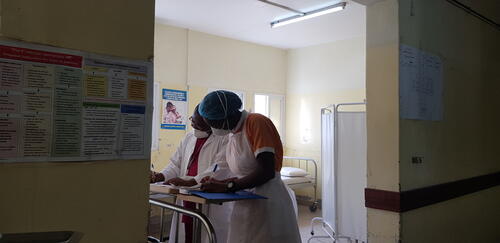During the 1990s, MSF teams made a bitter observation: we were failing to treat some of our patients suffering from infectious diseases, while in developed countries, remarkable progress was being made in the field of health. Two decades on, medicines in developing countries are still either too expensive, aren't suitable to be used in many of the contexts in which we work (for example, in hot, humid conditions or where there's a lack of electricity), or simply don't exist for the diseases we need to treat.
In 1999, we launched the Campaign for Access to Essential Medicines, now known as the Access Campaign. Its mission focuses on three areas: overcoming barriers to access to essential medicines, stimulating research and development for neglected diseases, promoting health exceptions to global trade agreements.
In 2003, MSF joined several research institutes, including the Institut Pasteur, to create the Drugs for Neglected Diseases initiative (DNDi), a non-profit research and development organisation engaged in research and development of new treatments for neglected diseases.
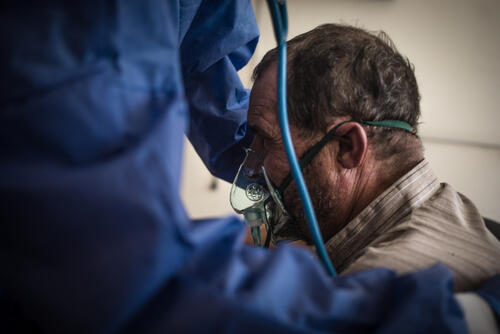
“Broken” humanitarian COVID-19 vaccine system delays vaccinations

Access to medicines project survey results
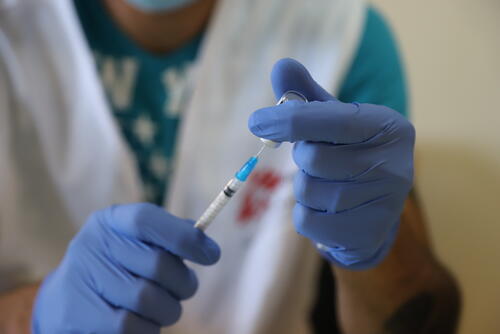
European Union: more empty promises about global COVID-19 vaccine equity
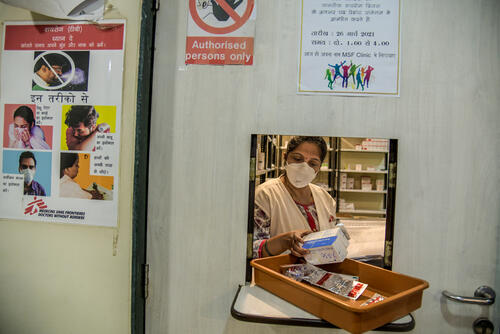
Lifesaving TB medicines still out of reach for children in high-burden countries
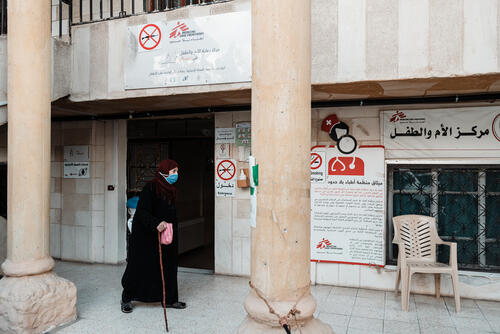
Healthcare system in Lebanon disintegrates as political vacuum persists
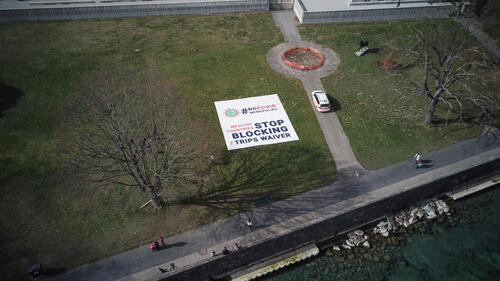
Countries obstructing COVID-19 patent waiver must allow negotiations to start
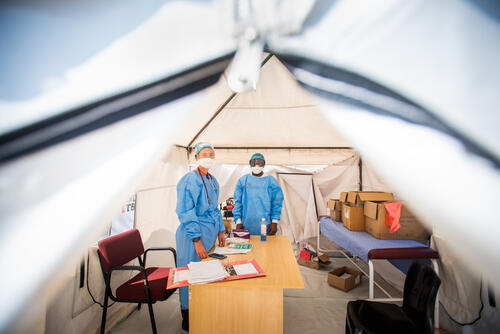
Southern Africa needs the right COVID-19 vaccines, at the right price – right now
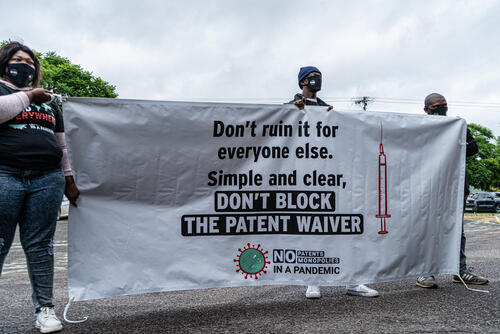
MSF urges wealthy countries not to block COVID-19 patent waiver
